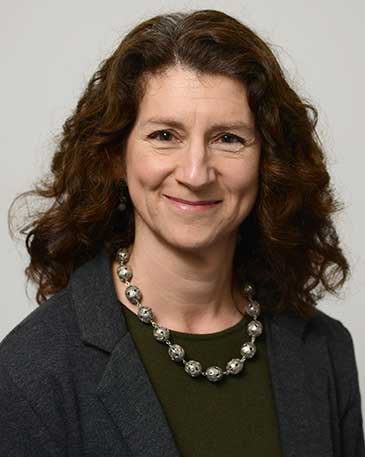‘The rise of microbial resistance to antibiotics is largely a consequence of human action, and is as much a societal problem as a technological one,’ said Dr Lambert.
The solution to AMR (when bacteria and other disease-causing organisms become resistant to drug treatment) is widely thought to lie in the development of new antibiotics and diagnostic tests.
However, on beginning the role of Champion – a position set up by the ESRC as part of a £150,000 grant – Dr Lambert said social science research ‘is as important as laboratory research in tackling this global health problem’.
‘Social organisation is just as important as what happens in the laboratory. We need to find answers to questions such as why antibiotics are often overused, how pharmaceutical supply chains and the organisation of healthcare affect access to antibiotics, or what part farming practices might play in AMR transmission.’
She added: ‘In this role, I aim to engage with a broad range of social scientists – from economists and psychologists to anthropologists and geographers – in undertaking research relevant to AMR, as well as highlighting the need for social science evidence that will help improve our understanding and lead to new ways of dealing with the threat of infections caused by antibiotic-resistant bacteria.’
Dr Lambert said she is delighted to lead the project working alongside her colleague Dr Christie Cabral.
Over the coming year Dr Lambert and colleagues will be organising a range of activities to engage researchers and highlight relevant research.
Naomi Beaumont, ESRC Senior Research Portfolio Manager – Health and Human Behaviour, said: ‘AMR has been described as a major challenge of our times, with available drugs becoming ineffective in treating a growing number of infections, as bacteria and other pathogens evolve to become resistant to them.
‘We know that many of the effects of this phenomenon are social, as are the potential solutions – for example, the impact that global migration has on disease transmission, the influence of global and national pharmaceutical markets on consumption patterns, and the impact of intensive farming practices on the consumption of antibiotics in animals.
‘The role of the Champion will therefore be to highlight the relevance of social science to the challenge of AMR and to build interest among a wide range of social scientists – including those who don’t currently actively research in this area.’
